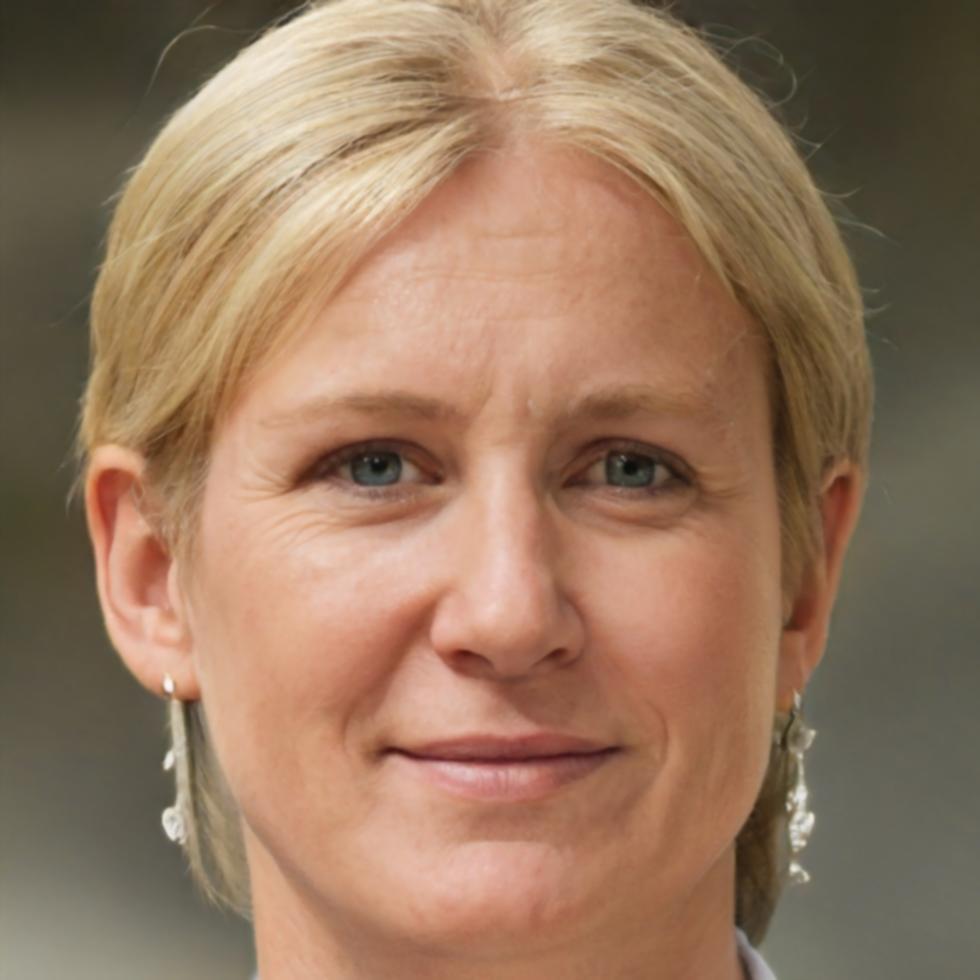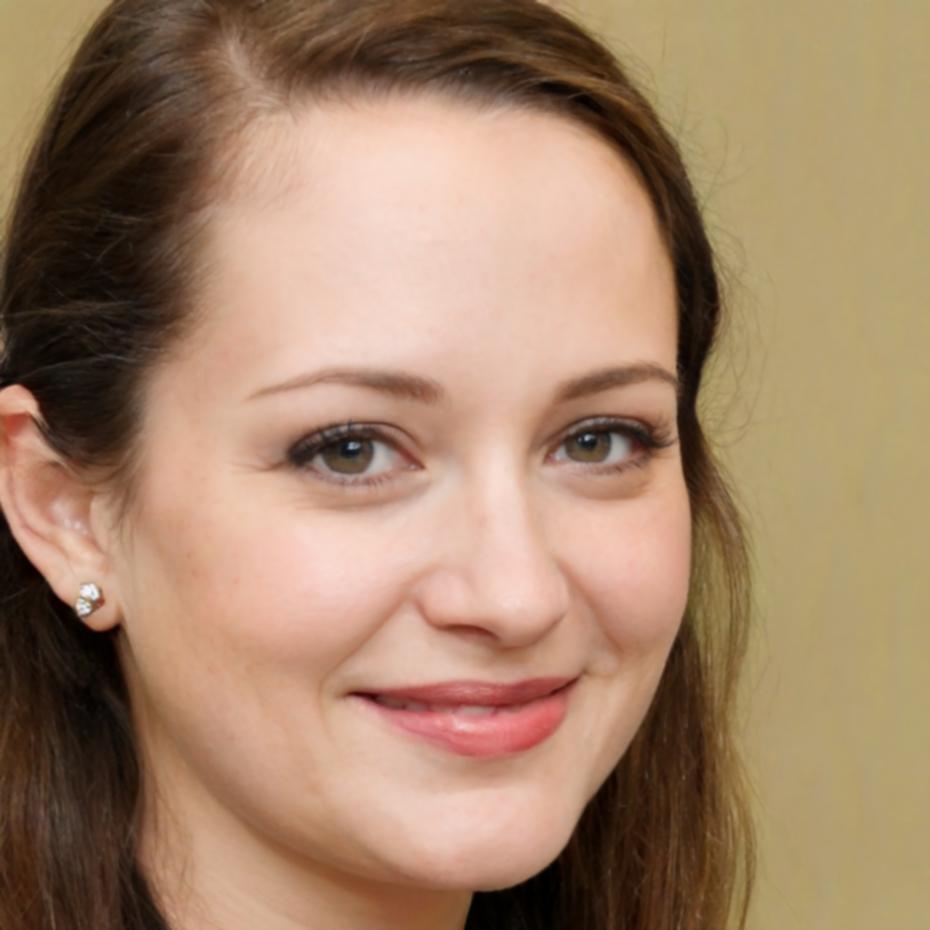Real Analysis Work, Not Just Theory
We focus on the valuation methods that analysts actually use when assessing companies and investment opportunities. You'll work through case studies based on real regional businesses, building models that reflect genuine market conditions.
The program covers discounted cash flow analysis, comparable company methods, precedent transactions, and how to adjust for market volatility. But the real learning happens when you're applying these to messy, real-world situations.
- Build financial models from actual company data
- Work with instructors who've done this professionally
- Get feedback on your analysis and assumptions
- Connect with other analysts facing similar challenges



